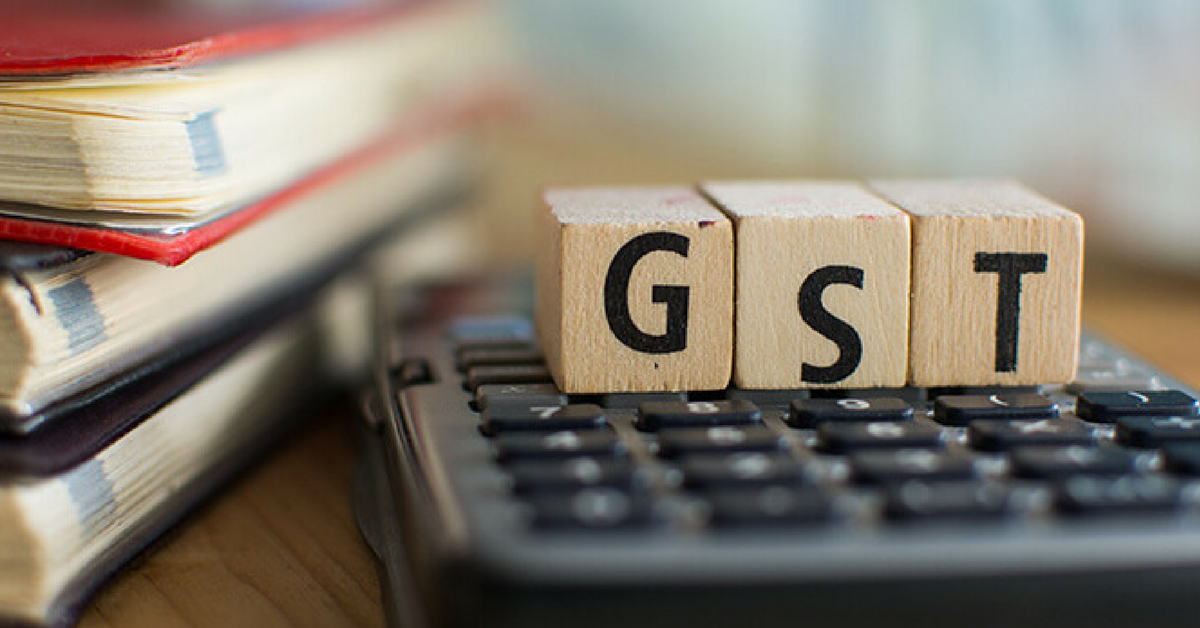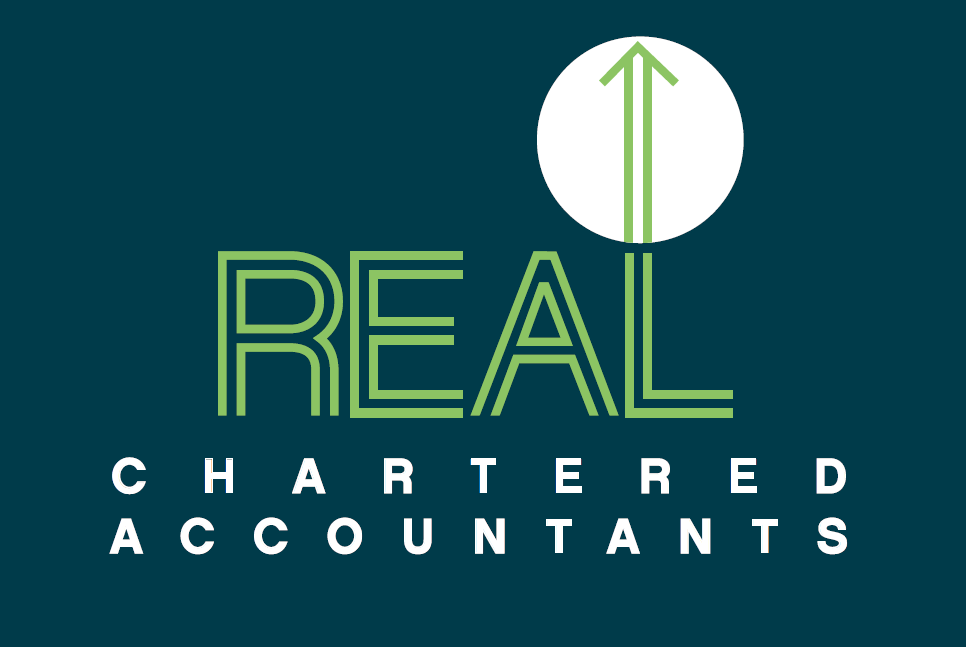NEWS
Introduction to GST

GST is on the supply of goods and services in New Zealand, though there are some exceptions. We all pay GST when we make purchases such as groceries and fuel, though if you have a taxable activity and are GST registered, you operate in a GST neutral position. The current GST rate is 15% but in some cases it is 0%.
To be registered for GST you need to have a taxable activity. A taxable activity is when you carry on a business such as supplying goods and services for payment in a continuous or regular fashion. Working for salary or wages, hobbies or private recreational pursuits, selling the occasional domestic or private item and making GST-exempt supplies do not constituent taxable activities.
If your taxable activity has a turnover of $60,000 for the last 12 months or GST is included in your prices, you must register for GST. You may register for GST voluntarily if you carry out a taxable activity.
Input tax is GST on purchased items and output tax is GST on items you sell. When you register for GST you can choose to account for GST on either payments, invoice and hybrid basis. Payments and Invoice basis are the most common. Payments basis is when you account for GST when you receive or spend money. Invoice basis is when you account for GST when an invoice is raised. You are also required to choose a frequency of filing GST returns when you register. You can choose monthly, two monthly or six monthly. Two monthly being the most popular. If you turnover exceeds $24 million you must choose monthly, you can only choose six-monthly if your turnover is below $500,000.
Some supplies are Zero-rated for GST, which means there is a GST component but it is at 0%, this includes services supplied to non-residents outside New Zealand, exported goods, sale of a business as a going concern and land sales between GST registered persons. In regards to exported goods it is only the person/entity that is doing the exporting that can be Zero rated, so if you sell a product that is exported through another party, you need to account for GST.
There are supplies that are exempt from GST, these include financial services, bank fees, interest, donations, residential rent and supply of fine metals.
Time of supply is important when accounting for GST. Time of supply is when a service is performed or goods removed or made available. So if you supply a good, but don’t invoice it for two months, you need to account for GST when you made the good available. In regards to vouchers, GST should be accounted for when the voucher is issued unless it is not practical and the issuer and supplier agree to account for GST on redemption. Hire purchases are accounted for when the agreement is made. If you lease or rent – there is a separate supply for each perodic payment.
When you are GST registered you are required to:
- -Charge 15% GST on all your sales except for exempt and zero-rated supplies
- -Issue a tax invoice within 28 days
- -Keep Tax invoices and Receipts when you buy goods and services for your business
- -File regular returns even if it is a nil return
- -Keep all other records and paper work to support your figures
-A Tax invoice most show the GST on goods and services provided, must be in NZD & for invoices for supplies worth more than $1,000, the words ‘Tax Invoice’ must be in a prominent place, must show your GST number, the name and address of the recipient, date invoice issued, description of service provided or goods and quantity/volume of goods.
If you are regsitered for GST and purchase something from a non-GST registered person or entity, you can make a second-hand goods claim. To do this the good must be in NZ, supply is made by way of sale and the goods must be used for making taxable supplies, you need to keep on record the name and address of supplier, date of purchase, description and volume of goods/services purchased and the amount you paid.
If you purchase goods that have a portion of private use you need to make an apportionment for this. This means estimating the amount of business/private use. If actual use is more or less than the estimated % an adjustment may need to be made.
If you would like to find out more about GST, please contact your Client Manager.
Disclaimer
This information is intended to provide general advice only. We recommend you discuss your specific situation with your Accountant.









